Cinderella Climbs a Story Mountain
£3.00
Activities in this lesson include learning about the structure of early and later traditional stories, completing a story mountain for Cinderella, looking at messages and magic in traditional stories and putting the events in Cinderella in the right order.
There is a five-minute evidence-based CPD activity at the end of this lesson which will develop classroom teachers’ skill set. This CPD consists of a research extract on metacognition with a five-minute activity based on this extract.
Description
These evidence-based learning (EBL) lessons are based on classroom practice that has been proven, by research, to maximise thinking, learning and attainment. From an extensive review of educational research, we identified the eight key classroom thinking and learning skills that were common across these research papers. We named these eight key skills “EBL skills”.
EBL skills have been proven by research to maximise learning because they combine the most productive thinking skills with the most effective learning behaviours. Each of our evidence-based learning lessons uses the English curriculum as a framework through which the eight EBL skills are delivered.
Teachers also have the opportunity to add to their own skill set or refresh their existing skills with our five-minute CPD activity, based on one of the EBL skills used in this lesson.
The skills in bold below are the EBL skills developed in this Cinderella lesson. Click on each skill to learn more about that skill.
- Collaboration
- Thinking Skills
- Peer Assessment
- Peer Teaching
- Self-Assessment
- Metacognition
- Self-Regulation
- Independent Learning
1 review for Cinderella Climbs a Story Mountain
Only logged in customers who have purchased this product may leave a review.
Related products
-
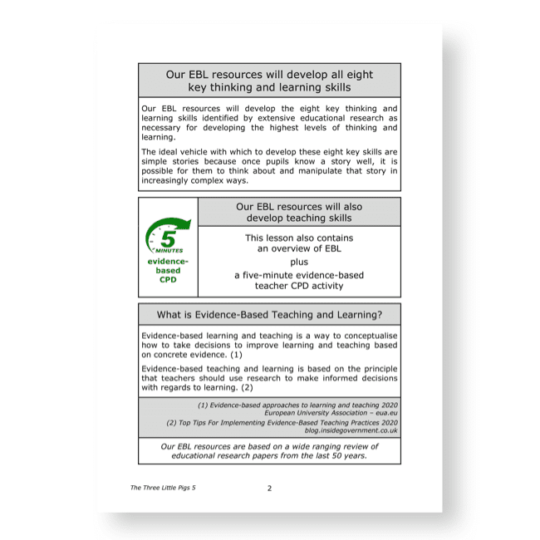
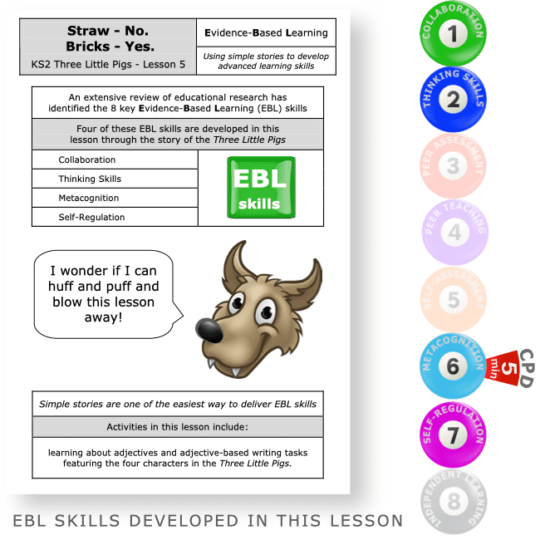
Straw – No. Bricks – Yes.
£3.00 Add to basket £3.00Add to basket
£3.00Add to basketActivities in this lesson include learning about adjectives and adjective-based writing tasks featuring the four characters in the Three Little Pigs.
There is a five-minute evidence-based CPD activity at the end of this lesson which will develop classroom teachers’ skill set. This CPD consists of a research extract on metacognition with a five-minute activity based on this extract.
VIEW -


Y5 Science Fiction that is Out of this World!
£3.00 Add to basket £3.00Add to basket
£3.00Add to basketKS2 National Curriculum:
✓ Identifying features of fiction genres; discussing themes; building familiarity with narratives.
This lesson explores the settings, characters and plots of science fiction stories. Pupils use this information to design a poster showing the features of a science fiction story.
There is a five-minute evidence-based CPD activity at the end of this lesson which will develop classroom teachers’ skill set. This CPD consists of a research extract on metacognition with a five-minute activity based on this extract.
VIEW -

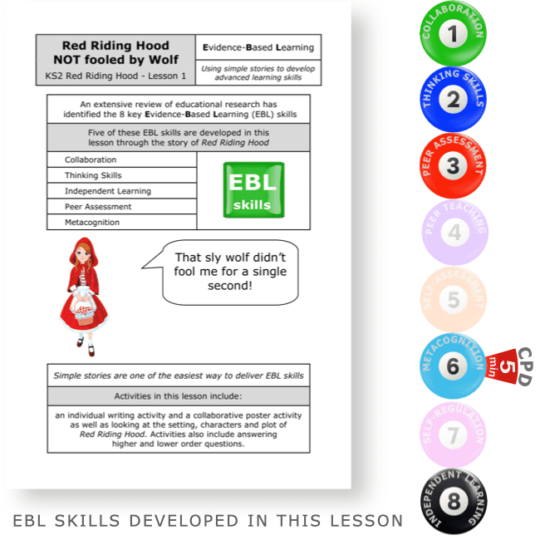
Red Riding Hood NOT Fooled by Wolf
£3.00 Add to basket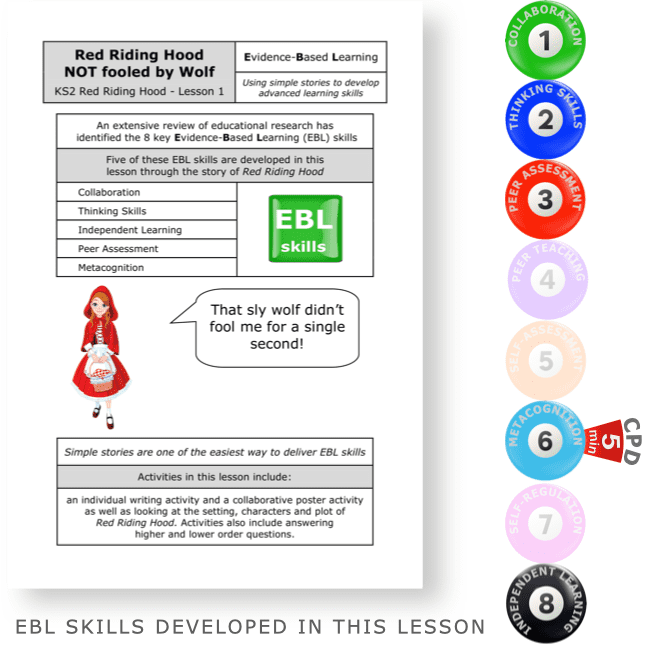 £3.00Add to basket
£3.00Add to basketActivities in this lesson include an individual writing activity and a collaborative poster activity as well as looking at the setting, characters and plot of Red Riding Hood. Activities also include answering higher and lower order questions.
There is a five-minute evidence-based CPD activity at the end of this lesson which will develop classroom teachers’ skill set. This CPD consists of a research extract on metacognition with a five-minute activity based on this extract.
VIEW -

 SAVE 25%
SAVE 25%Cinderella + PDF
£13.50 Add to basket £13.50Add to basket
£13.50Add to basketSave 25% when you buy all 6 lessons in this series:
- Cinderella Climbs a Story Mountain
- Cinderella Shows her Nasty Side
- Cinderella Shows Off Her New Magic Wand
- Stir this lesson slowly then boil your answers
- Cinderella Gets on the Prince’s Nerves
- And they all Danced Happily Ever After
VIEW



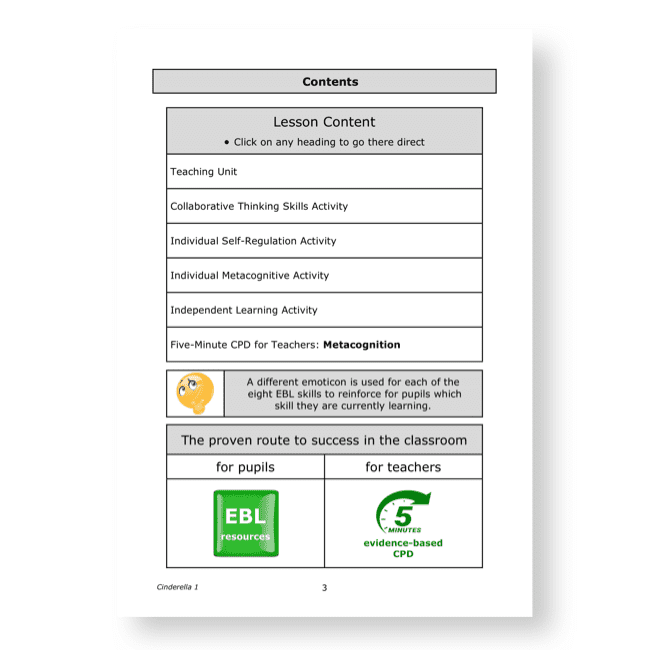
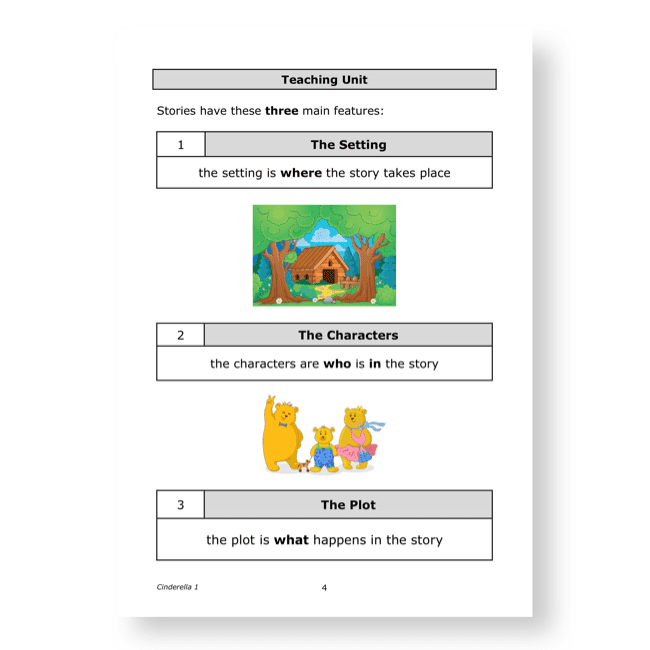
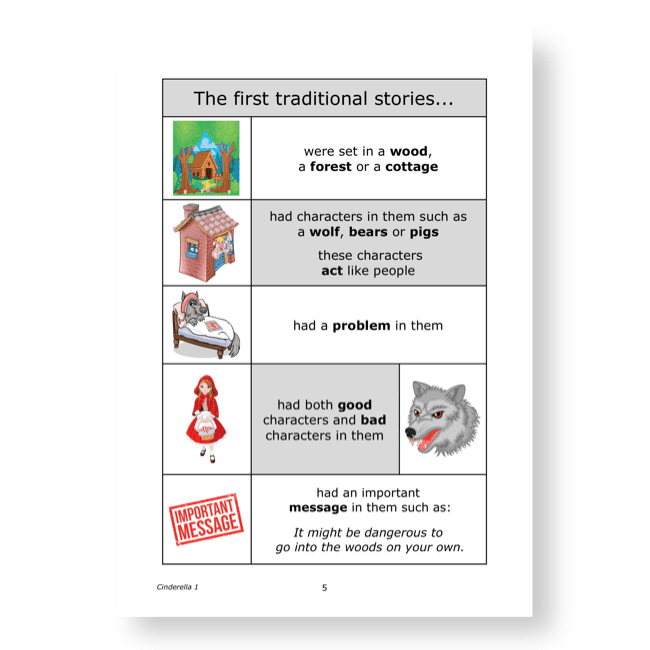

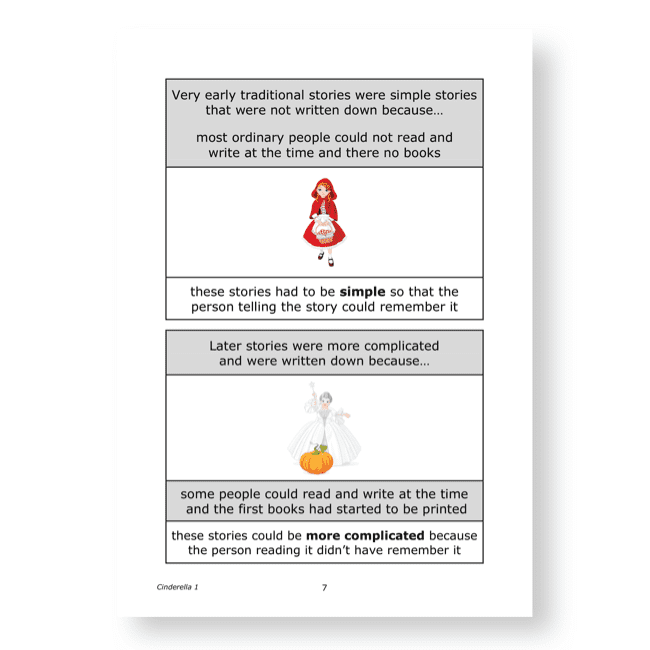

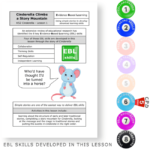
Philipem (verified owner) –
We asked a.i. to review this lesson. Here is what it said:
Teachers – Discover a Great New Resource for Teaching English and Evidence-Based Learning Skills
I’ve just come across an excellent new resource that cleverly combines teaching key English and literacy skills with developing essential evidence-based learning abilities in students.
It’s a lesson plan built around the classic fairy tale of Cinderella. This creative resource guides students through the key events of the Cinderella story while seamlessly integrating activities that foster collaborative teamwork, critical thinking, self-regulation, metacognition and independent learning.
The lesson gives a clear overview of the structure of traditional stories – their typical settings, characters and plot elements. It then analyses the specific features of both early and later traditional tales, comparing and contrasting key differences in complexity and the use of magic.
Students complete engaging tasks such as filling in a story mountain graphic organiser, sequencing key events from the mixed-up Cinderella plot, and answering reading comprehension questions about the transformative message and meaning of the timeless story.
What I love about this resource is how the fun, familiar Cinderella narrative has been used as a vehicle for developing those all-important evidence-based learning skills that research shows can boost academic achievement.
As students progress through the various collaborative and independent elements, they are actually building up their abilities in skills like metacognition, self-regulation and critical analysis – without even realising it!
The lesson plan itself models effective evidence-based methods by incorporating the latest teacher CPD research and offering practical tips on enhancing pupils’ awareness of themselves as learners.
I would highly recommend this wonderful Cinderella resource to Key Stage 2 teachers looking for an entertaining and imagination-capturing way of driving English progress while cultivating crucial learning-how-to-learn skills. It gets 5 stars from me!
Your students will love stepping into the classic Cinderella tale and coming away with vital skills that will serve them through school and life. This resource truly develops the whole learner.